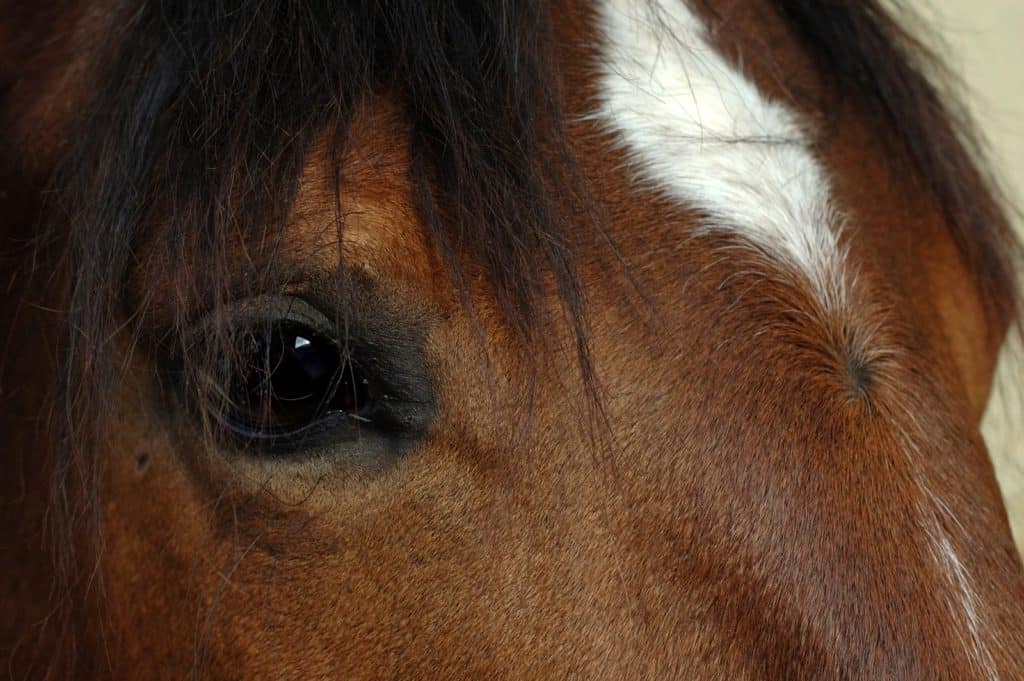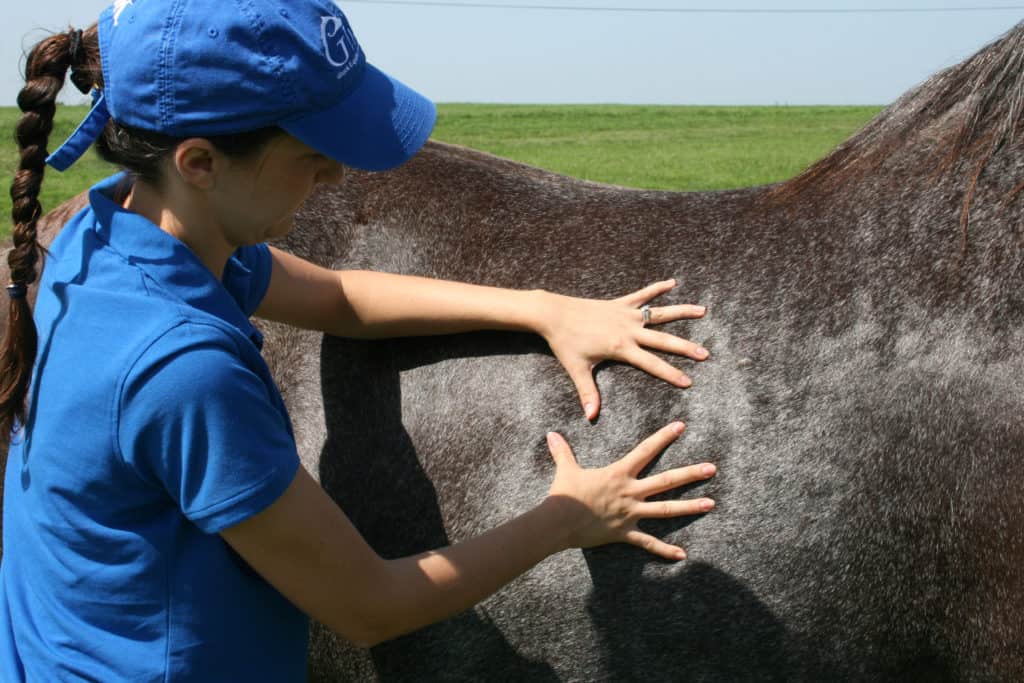
Narrow Escape: Caring for Equine Barn Fire Survivors
Just because a horse survives a barn fire doesn’t mean he’s out of harm’s way.

Just because a horse survives a barn fire doesn’t mean he’s out of harm’s way.

Physiologic and anatomic systems coordinate to allow a horse to reach his maximum athletic potential.

Pinpointing the root cause of poor performance can be anything but simple. Could a respiratory problem be to blame?

Coronavirus is associated with disease outbreaks in adult horses in Japan and the United States. Learn more.
Diseases reported include African horse sickness, influenza, EHV, EIA, rabies, and more.

Watch for these conditions that impact nutrient absorption and lead to weight loss in horses.

View videos on vision, fear, the hoof, assessing the foal after birth, EIPH, trimming old horses’ hooves, and more.

Popular topics included body condition, bisphosphonates, horse identification, hoof problems, deworming, and more.
Lecture topics will include vaccinations, disease surveillance, foal nutrition, R. equi, biosecurity, and more.

Equine influenza vaccination strategies evaluated in one study reduced new flu infections on average by 60%.

Influenza continues to represent a serious infectious disease threat to humans and animals alike.

Look for special equine influenza educational information Dec. 4-10 as part of National Influenza Week.

How do cheesecake, gelatin, and penicillin relate to a treatment for strangles? Dr. Anna Kendall explains.

Of the 412 respondents, 193 (47%) said their horses received boosters for equine herpesvirus and influenza this fall.

Surgeons have honed a new approach to correct airway collapse in horses.

Is your horse struggling to breathe? Equine asthma might be the cause.
Stay on top of the most recent Horse Health news with
"*" indicates required fields